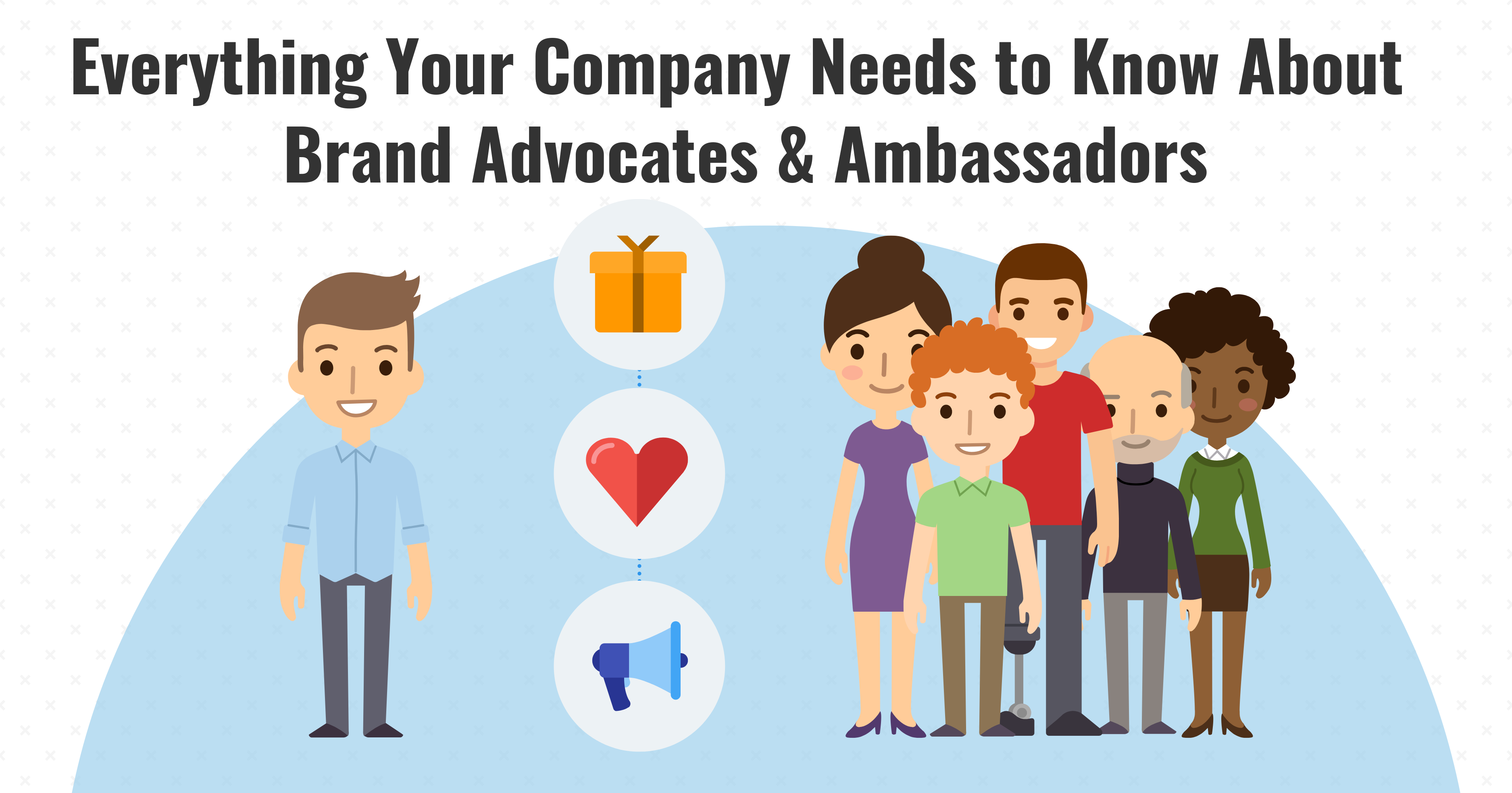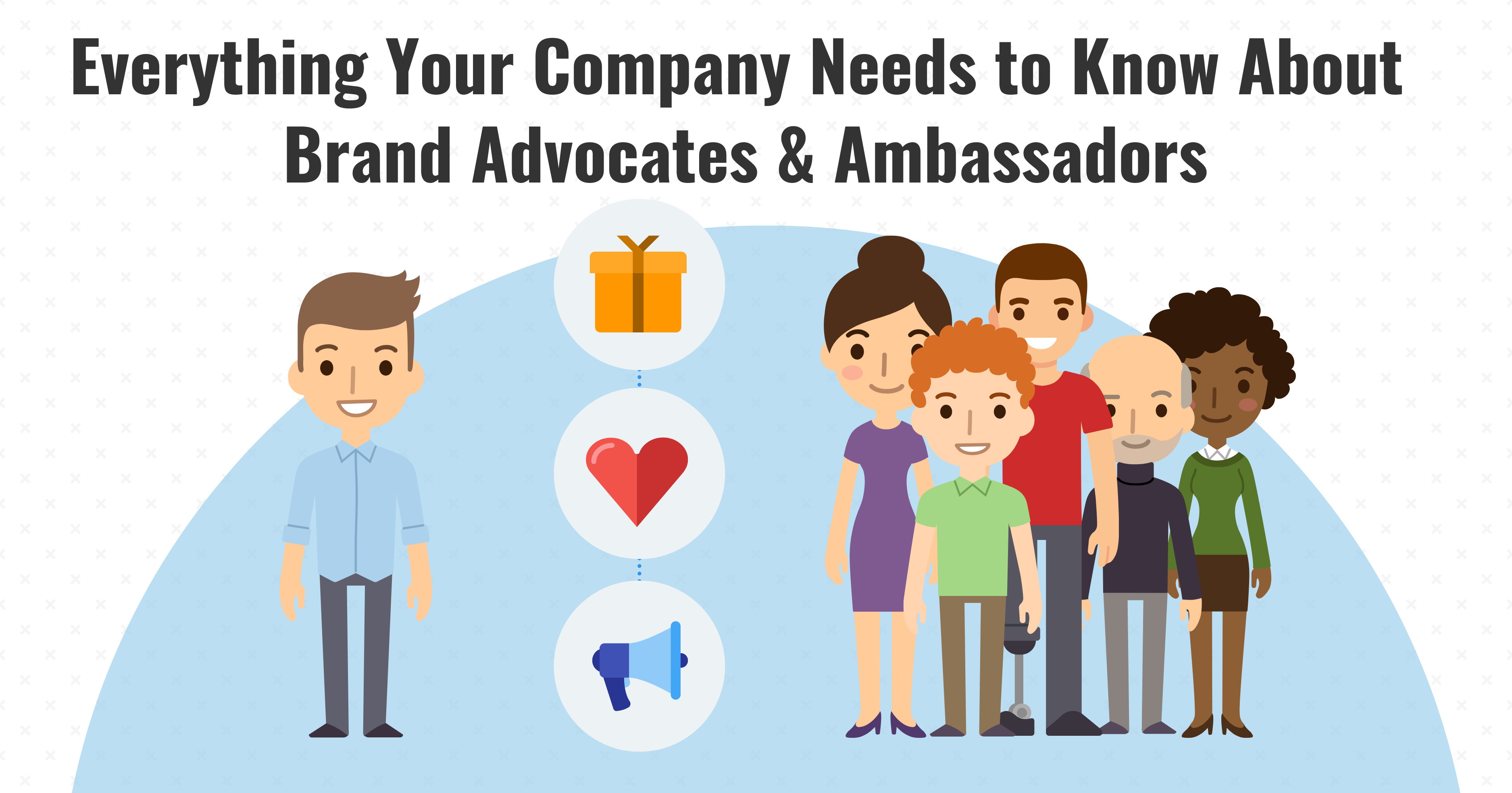How HeavySet Accelerates Bookings + Scales Growth for Home Service Pros
We love spotlighting partners who help home services businesses capture more opportunities, fill calendars, and boost sales. For January, we’re...
6 min read
Korrie Wilson : Updated on April 28, 2025

 The market has changed over the last decade. Internet and social media are two of the main reasons for that. As of May 2019, the total worldwide population is 7.7 billion. The internet has 4.4 billion users (57% of the total population), and there are 3.5 billion active social media users (social media is part of 80% of the internet population).
The market has changed over the last decade. Internet and social media are two of the main reasons for that. As of May 2019, the total worldwide population is 7.7 billion. The internet has 4.4 billion users (57% of the total population), and there are 3.5 billion active social media users (social media is part of 80% of the internet population).
Traditional marketing such as TV, radio, and print media are losing share because of its limitations (little interaction with the audience and high costs, for example) and the trend has been to put consumers on the spotlight, interact with them and turn them into promoters of products. That’s why brand advocacy is becoming so important, and companies should know how to build and work with advocacy.
Brand Advocacy, in its essence, is the organic promotion of your business through the people who love your brand. Those people will continue to support your business and promote your services or products to new customers because they feel good and happy about it.
With brand advocacy, your business becomes more visible to larger audiences and increases your revenue without having to spend on advertising or other traditional marketing strategies. In fact, advocacy marketing increases marketing effectiveness by as much as 54%.
Nowadays, with social media, the power of brand advocacy has reached a new scale because of word-of-mouth, and the ability to influence others is now more substantial across social media platforms. A Nielsen study shows that 92% of people trust recommendations from family and friends more than any other form of marketing.
- Earned media (press, word-of-mouth, peer-to-peer referrals) drives 4x the brand lift as paid media (Source: Baazar Voice)
- 83% of consumers seek referrals from peers before a purchase decision (Source: Nielsen)
- Word-of-mouth is the leading driver behind 20-50% of all purchasing decisions (Source: Mckinsey)
- 91% of millennials would consider buying a product if a friend recommended it (Source: AdWeek)
- 48% of millennials say the word-of-mouth influences them more than TV ads (Source: Media Venue)
- Only 16% of millennials say they trust traditional advertising (Source: Forbes)
- When a friend or family recommends a brand, it is 50x more likely to trigger a purchase (Source: McKinsey and Company)
- Employee brand advocacy results in a 5x increase in web traffic and 25% more leads (Source: Deloitte)
We defined what brand advocacy means, now let’s talk about the main piece of this process: The Brand Advocate. A brand advocate is any person who elevates your brand through word-of-mouth. They share about your company to their networks in conversations, social media, email, text, etc.
Also called a Brand Ambassador, Advocates can be:
- Employees: These Brand Advocates usually know everything about the company. They can combine their inside knowledge, their love for their job, and their relatable nature to becoming a powerful advocacy tool. Also, when we talk about the sales reps, brand advocacy is a bonus in the sales process: isn’t weird when you are trying to buy something, and the salesperson doesn’t know much about the product? Or have never used it? Or use it but doesn’t seem excited at all?
When sales reps are real brand advocates, they delight the customer and transfer the trust factor during the sales process, making sure that consumers will have the same positive experience they had! Read more about Who Can Generate Qualified Leads to Your Company?
- Family and Friends: These brand advocates are usually part of the employees’ network, or if we are talking about a small business or a family business, they are also part of the company. Their brand advocacy is a mix of professional and personal factors, what makes them passionate about it.
- Business Partners: Charities, organizations, and other companies affiliated with your company may also influence purchasing decisions. Great and successful partnerships are the fuel for those ambassadors.
- Influencers: They are the most professionalized group of Advocates, as they extend your reach to a broader yet more targeted audience, based on their business field and type of followers.
- Prospects and Customers: These are the most important type of Advocates for your business. Prospects and Customers aren’t part of your company; this makes their support more genuine and influential to others. Prospects are also on this list because even if they can’t be your customer but still had a pleasant experience with your brand, they can always recommend it to others.
I want to point out the difference between Loyal Customers and Advocate Customers: Loyal customers are those who keep buying from your company, while Advocate Customers actively promote your brand and influence the buying habits of others. That’s why Advocates are the most valuable customers of all: Customers referred by other customers have a 37% higher retention rate (Source: Deloitte).
Ambassadors won’t appear without reason: without an authentic work culture and environment that employees are proud to share, and a great product and customer service, your company can’t build trust and, as a result, the organic influence of the advocates. These strategies can help any company encourage brand advocacy.
- Be consistent with your offer, customer service, communication, etc. Customer support should answer questions within a set period. Products should be produced and/or delivered in a certain number of days. The company website should be available as much as possible. When customers know they can rely on a company to do things in a certain way, they’re more likely to advocate for it.
- Offer an outstanding experience, from start to finish. Customers make purchases and expect to get a specific value from that purchase. They ultimately evaluate companies by how well the product they get matches their expectations. By making them feel you exceeded their expectations, it’s possible to create a better experience for the customer. A satisfied customer is more likely become a brand advocate for the company.
- Build a narrative. Customers rarely advocate for companies they’ve forgotten. A strong brand narrative can help the customer remember who the company is and how it helped them. If you can make your customers a part of the story, it will encourage them to show loyalty to the brand.
The list is infinite, but there are four main reasons for promoting brand advocacy.
Building brand advocacy requires a balance between incentive and engagement. Even happy customers don’t always share their opinions unless invited. Texas Tech University found out that 83% of consumers want to refer after a positive experience, yet only 29% do.
- So, to mobilize people to advocate for your brand, first, you need to ask! If you provide the right product and excellent service, that won’t be an issue.
- Second is to provide incentives like coupons, rewards, contests, etc. These are a great way to get a sustainable, long-term engaging dialogue with this group. You can offer different levels of incentives based on the quality of the referral, especially for business with a high-end ticket or a long sales cycle, such as home improvement, solar, roofing, etc. On those cases, you can provide an incentive to advocates for any referral that results in a sales appointment. Then, you can offer a better incentive if one of those referrals results in a sale.
By setting your incentives up in this way will help you increase the quality of the referrals you receive because the incentives are tied to the quality of the lead.
- Third, is to provide an easy and quick way for them to share the word-of-mouth: social media, referral programs with accessible platforms such as webpage or referral app. To depend only on their willingness to share won’t be as effective as offering them social platforms and tools to do that.
The best way to reach out and keep in touch with your customers is through an app, and there are two main reasons for that: In the U.S., 77% of adults own a smartphone. People who own smartphones spend over 80% of their time using apps as opposed to internet browsers (Source: Flurry).
Your business can benefit from having an app since it will increase their time connecting with your brand, consequently increasing the chances for your advocates to influence others and send you referrals.
Branded Apps can serve many functions: besides submitting referrals, companies can send messages, emails, show new offers and promotions, keep their customers up to date, etc. The most significant benefit of an app is to provide customers with the right tool at their fingertips. And with push notifications, companies can get even closer to direct interaction. Read more about Why Is Branded App Marketing So Important?
Creating a brand advocacy marketing strategy involves developing and maintaining relationships. When you cultivate a two-way communication with a consistent narrative and delight your customers with an outstanding experience, they will feel more integrated into what makes your brand unique and more likely to encourage their friends to take part too. Reward your biggest advocates to create a snowball effect that produces more quality leads.

We love spotlighting partners who help home services businesses capture more opportunities, fill calendars, and boost sales. For January, we’re...

TL;DR: Roofing businesses are switching to referral software like GTR to turn customer satisfaction into a repeatable growth engine. GTR...
.png)
How to Accelerate Leads and Automate Referrals with ContractorFlow and GTR

I ripped open the white legal-sized envelope with excitement that I’d never had before for an electric bill. It was 40% lower than the last one! As I...

3 min read
We’ve reached the grand finale of our series on why referrals are the best leads, and it’s time to end with a bang. Referrals aren’t just about...

In today’s competitive business landscape, engaging customers and referral advocates is no longer optional—it’s essential. It’s not enough to attract...